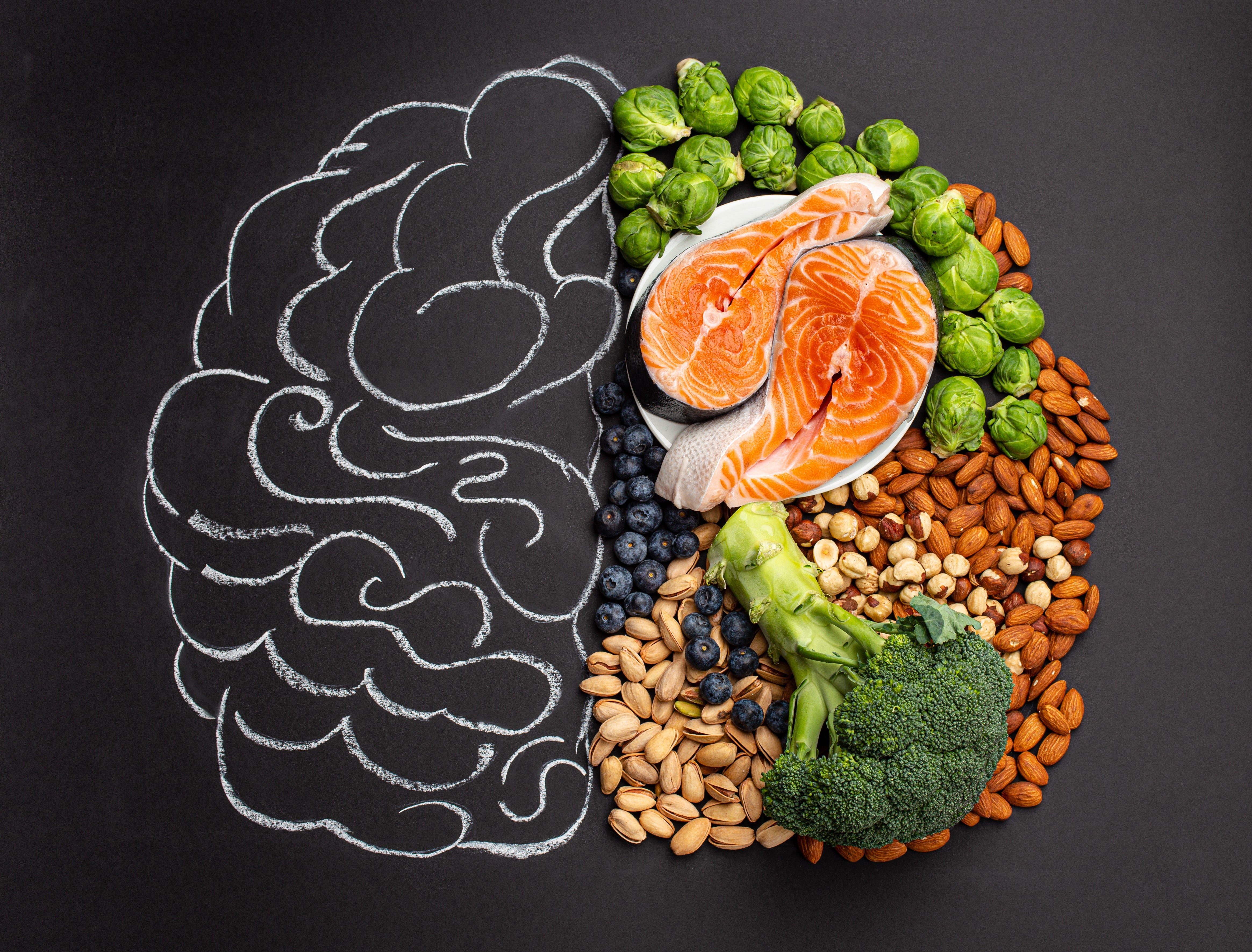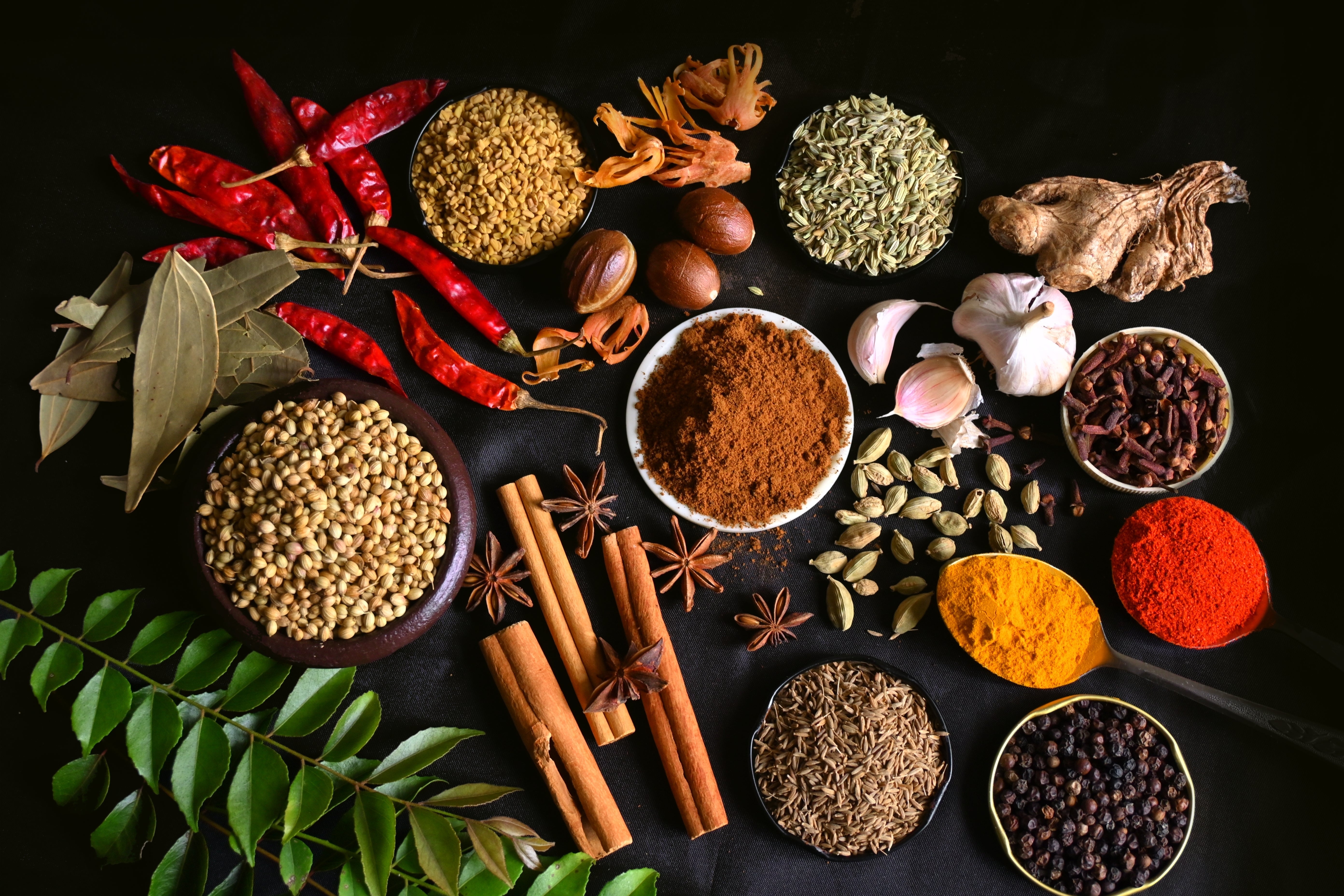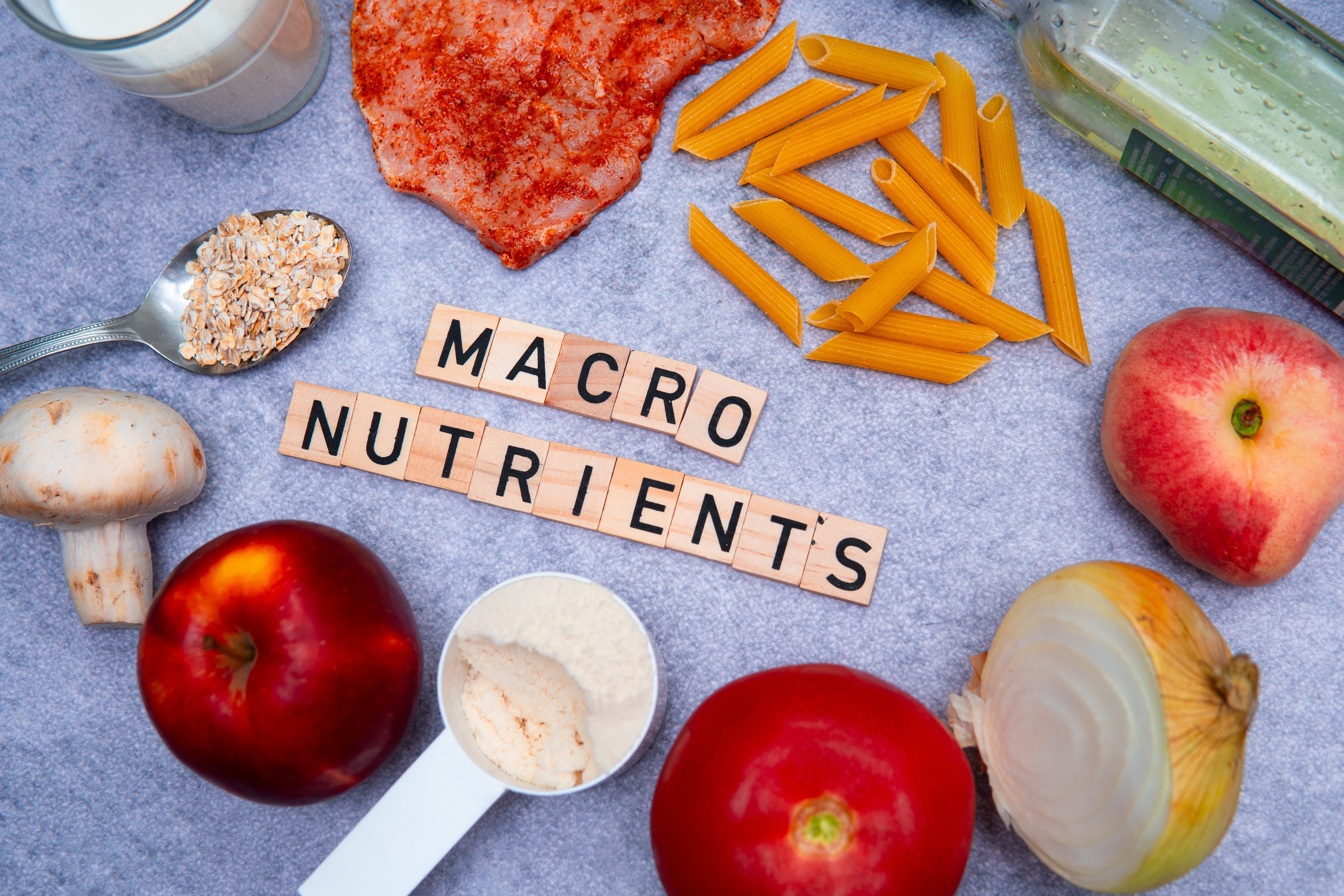Alright, let’s talk about fueling your brain—because if you want to stay sharp, focused, and firing on all cylinders, what you eat actually matters.
We spend a ton of time thinking about muscle recovery, fat loss, and performance, but what about the organ that controls it all? Your brain is like a high-performance engine, and if you’re feeding it junk, expect it to run like a clunker.
So, what should you be eating to support memory, focus, and overall brain health? Science has some pretty solid answers. Let’s break it down.
How Nutrition Impacts Your Brain
Your brain never stops working. Even when you’re sleeping, it’s running the show—repairing cells, consolidating memories, and preparing for the next day’s grind. And just like your muscles need protein and recovery, your brain needs specific nutrients to function optimally.
Key brain-friendly nutrients include: ✅ Omega-3 fatty acids – Essential for memory, mood, and focus. ✅ Antioxidants – Help fight oxidative stress (aka brain fog and aging). ✅ B vitamins – Support energy production and neurotransmitter function. ✅ Choline – Critical for memory and brain cell communication. ✅ Polyphenols – Boost circulation and brain cell protection.
Now, let’s talk about the all-star foods that deliver these nutrients.
-
Fatty Fish 🐟
Why It Works:
Fatty fish like salmon, sardines, and mackerel are packed with omega-3 fatty acids, which reduce brain inflammation and improve neuron communication. Translation? Better memory, focus, and mood regulation (Gómez-Pinilla, 2008).
How to Eat It:
✅ Grill or bake salmon for an easy, brain-boosting dinner. ✅ Add sardines to a salad or whole-grain toast. ✅ Make tuna salad with avocado for a double dose of brain power.
📌 Research: A study in Neurology (2016) found that people who regularly ate omega-3-rich fish had larger brain volumes and better cognitive function as they aged.
-
Blueberries 🫐
Why It Works:
Blueberries are loaded with anthocyanins, powerful antioxidants that protect the brain from oxidative stress and improve neuron signaling (Devore et al., 2012).
How to Eat It:
✅ Blend into a smoothie with Greek yogurt. ✅ Toss into oatmeal or yogurt for a fiber + antioxidant combo. ✅ Freeze and snack on them for a cool, refreshing boost.
📌 Research: Harvard researchers found that people who ate blueberries regularly had a slower rate of cognitive decline—by up to 2.5 years (Annals of Neurology, 2012).
-
Dark Chocolate 🍫
Why It Works:
Dark chocolate is packed with flavonoids, caffeine, and antioxidants, all of which increase blood flow to the brain and improve mental performance (Sokolov et al., 2013).
How to Eat It:
✅ Choose dark chocolate (70% cacao or higher) for max benefits. ✅ Add cocoa powder to smoothies or coffee for a brain-friendly boost. ✅ Eat a square of dark chocolate before a study session or meeting.
📌 Research: A study in Frontiers in Nutrition (2017) found that flavonoids in dark chocolate enhance cognitive function and protect against neurodegeneration.
-
Nuts and Seeds 🥜
Why It Works:
Nuts and seeds are rich in vitamin E, healthy fats, and antioxidants, all of which protect brain cells from oxidative damage (O’Brien et al., 2014).
How to Eat It:
✅ Snack on almonds, walnuts, or cashews for an energy boost. ✅ Sprinkle chia seeds or flaxseeds into smoothies or yogurt. ✅ Use nut butters (almond, cashew) on whole-grain toast.
📌 Research: The Journal of Nutrition, Health & Aging (2014) found that people with higher vitamin E intake had slower cognitive decline as they aged.
-
Leafy Greens 🥬
Why It Works:
Spinach, kale, and Swiss chard are packed with vitamin K, folate, and lutein, all of which support memory and brain function (Morris et al., 2018).
How to Eat It:
✅ Toss into salads or smoothies for a nutrient punch. ✅ Sauté with garlic and olive oil for a brain-friendly side dish. ✅ Mix into scrambled eggs or omelets.
📌 Research: A study in Neurology (2018) found that eating leafy greens daily was linked to significantly slower cognitive decline.
-
Eggs 🍳
Why It Works:
Eggs are one of the best sources of choline, a nutrient essential for memory, mood, and brain function (Zeisel & da Costa, 2009).
How to Eat It:
✅ Scramble with spinach and feta for a double brain boost. ✅ Hard-boil and eat as a high-protein snack. ✅ Make a veggie-packed omelet for breakfast.
📌 Research: Studies show that low choline intake is linked to poor memory and cognitive function (American Journal of Clinical Nutrition, 2009).
-
Green Tea 🍵
Why It Works:
Green tea contains L-theanine, caffeine, and antioxidants, all of which enhance focus, reduce stress, and improve brain performance (Einöther & Martens, 2013).
How to Drink It:
✅ Swap out coffee for green tea in the morning. ✅ Drink iced matcha as an afternoon pick-me-up. ✅ Add lemon and honey for extra benefits.
📌 Research: A study in Psychopharmacology (2013) found that L-theanine and caffeine together improve reaction time, memory, and focus.
How to Build a Brain-Boosting Meal Plan
🚀 Breakfast: Scrambled eggs + spinach + whole-grain toast 🍫 Snack: Dark chocolate + almonds 🥗 Lunch: Grilled salmon + leafy greens + avocado 🫐 Afternoon Boost: Blueberry smoothie with Greek yogurt 🐟 Dinner: Tuna or sardine salad with olive oil dressing
Final Thoughts: Fuel Your Brain, Boost Your Life
Look, you don’t need fancy nootropic supplements or expensive brain hacks to stay sharp. The best brain fuel is real food—the kind that supports cognitive function, fights inflammation, and keeps your neurons firing like a well-tuned machine.
So if you want to stay mentally sharp, focused, and energized, start loading up your plate with these science-backed brain-boosting foods. Your future self will thank you.
References
-
Gómez-Pinilla, F. (2008). "Brain foods: the effects of nutrients on brain function." Nature Reviews Neuroscience.
-
Devore, E. E., et al. (2012). "Dietary intakes of berries and flavonoids and cognitive decline in older adults." Annals of Neurology.
-
Sokolov, A. N., et al. (2013). "Chocolate and the brain: neurobiological impact of flavonoids." Frontiers in Nutrition.
-
Morris, M. C., et al. (2018). "Nutritional epidemiology of brain aging." Neurology.
-
Zeisel, S. H., & da Costa, K. A. (2009). "Choline: an essential nutrient for public health." American Journal of Clinical Nutrition.
-
Einöther, S. J., & Martens, V. E. (2013). "Acute effects of tea consumption on attention and mood." Psychopharmacology.
Meet Fitnexa, your AI-driven companion that turns everyday habits into a positive, uplifting journey. From effortless meal analysis (including recipe suggestions) to personalized coaching and real-time support, Fitnexa keeps you on track toward lasting wellness — so you can stay younger, live longer.







Leave a comment
This site is protected by hCaptcha and the hCaptcha Privacy Policy and Terms of Service apply.